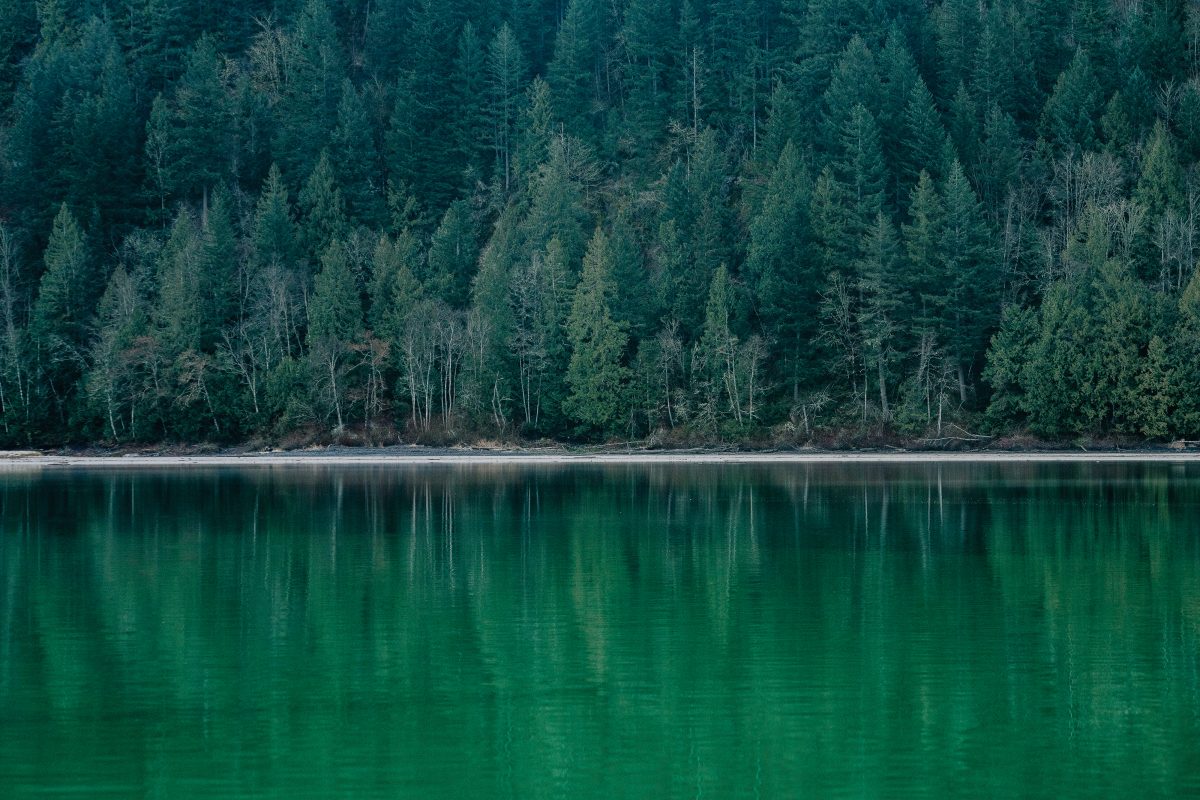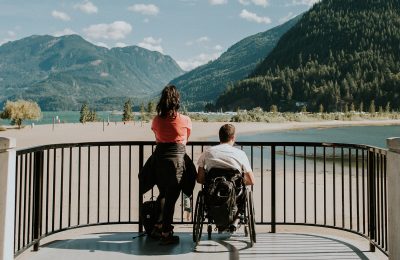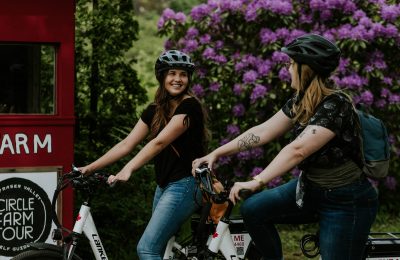The Indigenous Peoples of this land have always recognized that the wild is sacred and should be treated with gentle care and reverence for the diverse ways in which it sustains and provides. For thousands of years, they have been stewards of this land and its imperative that we follow their example. As you spend time in nature, listen for the forest spirits, the gentle song of birds, the breeze rustling the leaves, and your footfall on soft ground. Nature is the home of countless wild species of flora and fauna. We are guests in this wild ecosystem and everything we do while spending time in the wild makes an impact.
Leave No Trace
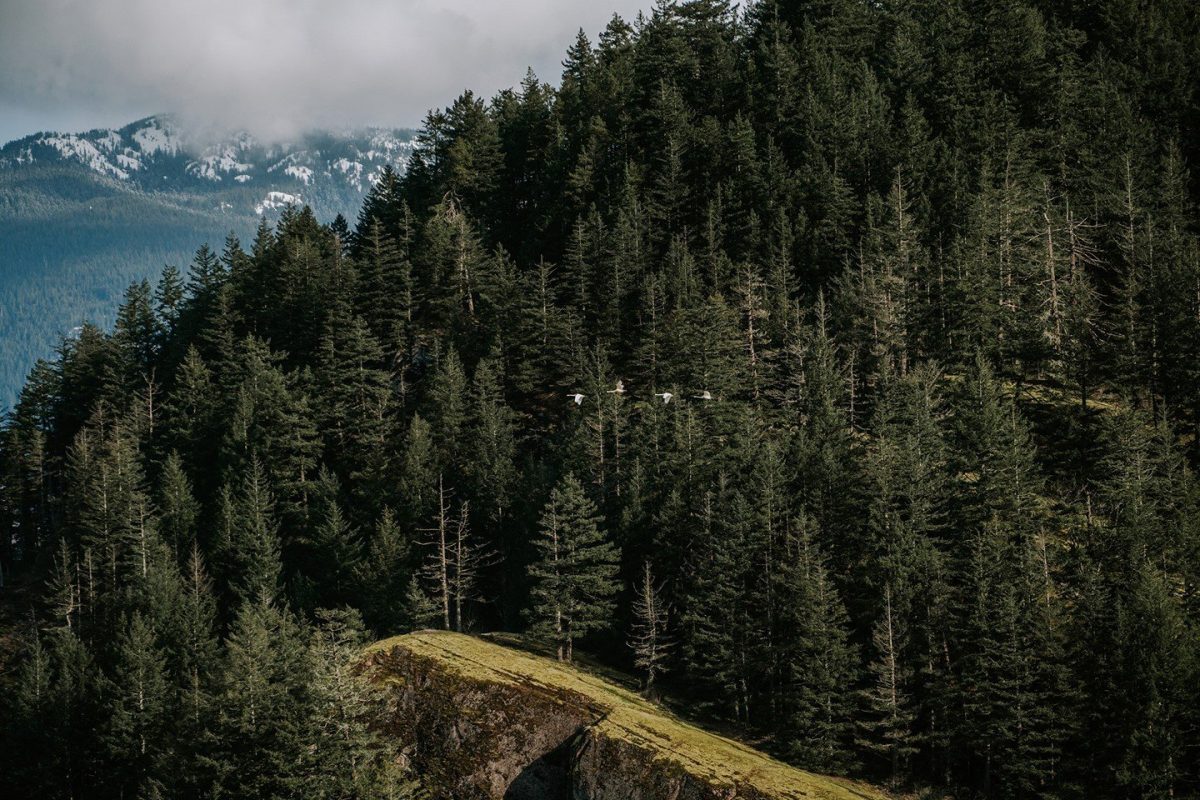
The most significant way we can protect the wild is by leaving no trace of our presence there, and these tips will help all of us reduce our footprints in nature.
1. Prepare & Plan Ahead: Adequate preparation and planning help to minimize your impact in the wild. Before you head out, check area regulations and fire bans, and ensure you pack all the food, water, and gear you need. Minimize your impact by travelling in small groups during quieter, off-peak times.
2. Pack Out What You Pack In. Pick up any existing litter you see during your outing. Use provided trash receptacles, and if you are camping or hiking where there are no garbage bins, pack out everything you packed in. The key word here is everything, not only the obvious food wrappers and cans, but also items many people incorrectly assume will decompose quickly. Never leave behind your coffee grinds, eggshells, and fruit and vegetable peels, as these items take much longer than you’d think to decompose and leave an awful mess behind: a single banana peel can take up to two years to decompose. Before you leave a camp spot, do a check to make sure nothing is left behind. Your aim should be to leave the environment looking as though you were never there.
3. Leave Behind the Treasures you Find. You may be tempted to keep a pretty shell or rock, or pick wildflowers, but by doing this, you are disturbing a sensitively balanced ecosystem. A bee would have benefitted from the nectar in the flowers you picked; an organism may have been taking shelter under the rock you took. A bird or bear may have been depending on the berries you picked for their sustenance. Digging up or picking wildflowers or collecting their seeds can have a negative effect on their survival. And by removing a plant to take home, you could be spreading an invasive species. If you want to enjoy the beauty of a natural object, take a photograph of it. In British Columbia, removing plants or fungi from a provincial park is illegal and can result in a fine from a conservation officer.
4. Minimize the Impact of Campfire. Check for fire bans in the area before you head out. If campfires are allowed, only burn small fires in designated spots like metal fire rings. Don’t use fuel or accelerants to start your fire, and never burn garbage. Air quality is better for all if you keep your fire small. Bring your own firewood or purchase it from the campground; never cut down branches or trees. Be sure your fire is contained and never leave it unattended. Most importantly: after you’re done with your fire, be sure it is completely extinguished with water; the ashes should be cool to the touch. A great many wildfires are human-caused and entirely preventable.
5. Campsite and Trail Etiquette. Minimize your ecological impact: protect riparian areas by camping at least 200 feet from a body of water and avoid damage to land or waterways by camping on established spots. Activities like hiking, jogging, and mountain biking can cause trampling of plant life, and some bird species nest on the ground; so stay on-trail. If you are camping or hiking with dogs, please keep them on leash and pick up any excrement. Proper disposal of human excrement is critical to avoid pollution of waterways, minimize the spread of pathogens, and to stop the pollution of trails. If there are no outhouses or washrooms in the area, burying human waste is the best way to do this. (A small garden trowel is handy). Dig a hole 6 – 8 inches deep, at least 200 feet away from campsites, trails, and water, and bury the waste. Pack out used toilet paper, tissues, and hygiene products.
6. Be Considerate of Others. We all want to relax and enjoy ourselves, so be mindful of other campers and trail users. Let nature be the only sounds you hear; don’t play loud music, shoot off firecrackers, or talk loudly. Yield to hikers trying to get past you.
7. Respect Wildlife. Observe wildlife from a distance; and avoid wildlife during sensitive times, like mating season, while they are nesting, or tending to their young. Never chase, follow, or approach an animal. Keep pets on-leash or leave them at home.
Wildlife Etiquette

Spotting wildlife in their natural habitat is an incredible experience, but wildlife needs to be kept wild. It’s important that you never interact with or feed wildlife. When wild animals are fed by humans, they start to depend on that food, which diminishes their own survival instinct and their fear of humans. Animals can become a nuisance or a safety risk if they become unafraid of approaching people or campsites. Feeding wild animals can also cause competition between animals, sometimes causing crowding or fighting, which can lead to injury (to animals or humans) and the spread of disease. Animals can also be susceptible to bacteria on human hands.
While camping, proper food and garbage storage is imperative in keeping away animals like raccoons or bears. Never leave food or trash in a tent. During the day, keep your food secured in a vehicle or a cooler. Some campsites have canisters or caches for food storage. At night, place any food, coolers, and garbage in a vehicle; or if you’re backcountry camping, hang your food and garbage high on a sturdy tree limb (using rope and a sturdy bag). You can also buy specialized bear canisters and bags at outdoor shops for a bear-proof way to store your food and garbage.
Never attempt to touch wildlife, and don’t get too close trying to get the perfect photograph. People underestimate the power and strength of animals and forget that they are indeed “wild”. Respect their space and ensure your safety by using a zoom lens instead of trying to get close.
BC Parks
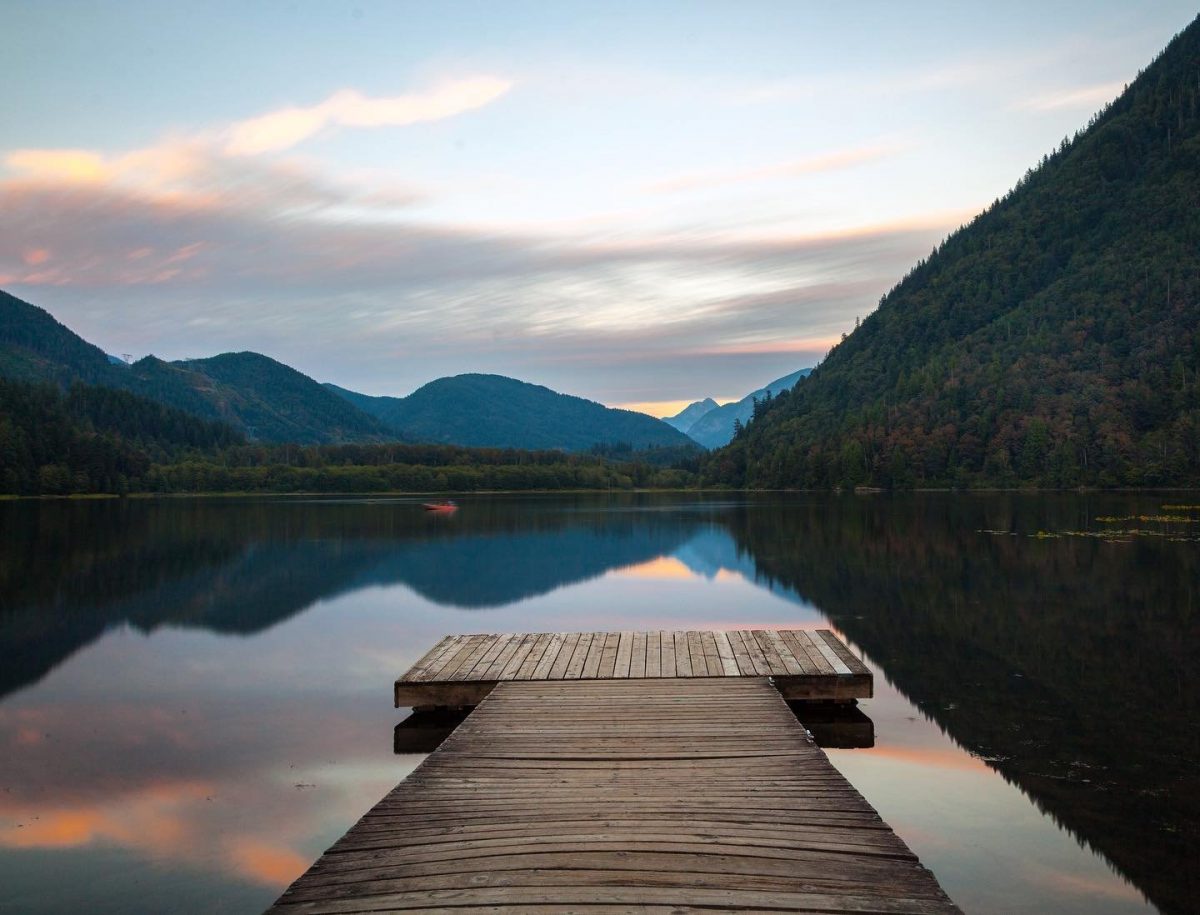
Did you know that BC Parkland covers over 14 million hectares (14.4% of the province)? Here are some things to be aware of if you are planning to visit a BC Park.
Smoking and vaping are only permitted in a designated front country campsite or group site. Never toss your cigarette butts on the ground: not only are they litter, they’re a fire hazard that have been the cause of far too many wildfires.
Before you pack a drone, you must first get permission to take off and land in any park or protected area. You can do so by emailing: [email protected]
BC Parks has an idle-free policy in its parks that applies to both parked vehicles and boats, to help reduce noise and air pollution.
Find out more on the BC Parks’ Frequently Asked Questions page.
Resources
Want to learn more? These are some great resources for additional information:


